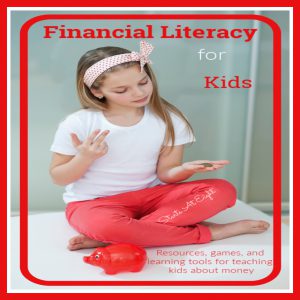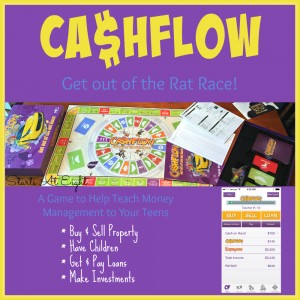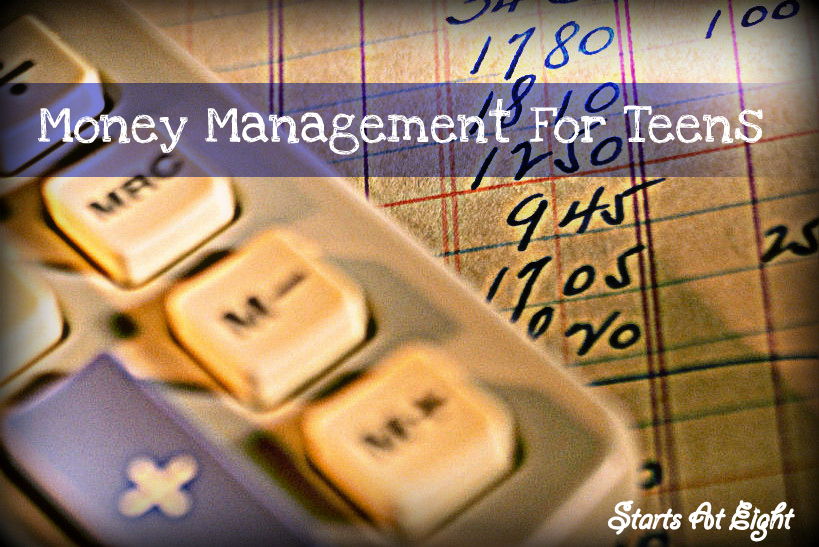12 Online Financial Resources for Teens
Teenagers find themselves in an awkward “in-between” time. They’re itching for more responsibility but not yet ready for full-fledged involvement in the adult world. It’s a time of dating, school dances, and more specialized classes that can introduce them to possible future careers and part-time jobs.
With the last of these comes more financial responsibility. And that’s something teens need to learn even if they’re still drawing an allowance and haven’t yet entered the working world.

12 Online Financial Resources for Teens
The good news is that, if there’s one thing teens are good at today, it’s interacting with, and in, the digital world, and there are a ton of online financial resources available to the public, including some that are geared specifically for teens. Plus there are offline teaching tools, like board games, that can reinforce those lessons.
The Big Picture
Once upon a time, high schools taught life skills. That’s not the case so much anymore, as budget cuts and shifting priorities have led to a bigger emphasis on core academic subjects.
Unfortunately, that means kids are largely on their own or dependent on parental guidance in areas like economics and personal finance. They can find apps and online resources that can help them learn the basics of budgeting, saving, investing, and planning. Here are a few:
- Practicalmoneyskills.com, a website created by Visa, offers information on a variety of topics from credit to mobile banking, plus news relating to financial literacy.
- MoneySKILL is a free online personal finance course designed for middle school, high school, and college students, created by the ASFA Education Foundation.
- Money Instructor offers a wide range of lessons on topics ranging from taxes to paying for college, real estate to business math. It also features interactive lessons and money games.
- Biz Kids is a national financial literacy initiative based on an Emmy Award-winning public television series that teaches kids about money and business.
Learning to Budget
Budgeting is an important aspect of getting ready for living as an adult. Young people soon will be responsible for tracking how much money they bring in, how much they spend, and on what. It’s helpful for them to start when mistakes aren’t so costly and the stakes aren’t so high — such as whether or not they can afford to go to the movies or buy a new video game.
Now, they’ll be learning what they can and can’t afford by prioritizing their wish list. Later, they’ll need to distinguish what they need (shelter, transportation, food, utilities) from what they want.
- TheMint has a tool that can simulate household budgeting and expenses: Teens can plug in a hypothetical annual income, then build their own budget around it.
- MoneyFit offers a budget calculator for teens that takes into account education level and allocates portions of a budget as pie pieces in these categories:
- Be nice: Donations to causes
- Be smart: Savings for college, internship, training
- Be patient: Savings for short-term goals like gadgets and gifts
- Be ready: Savings for impulse buys and splurges
- Spend it: What to keep as cash on hand
Long-term Planning
Teens are familiar with saving for short-term goals they want, but when they get older, they’ll need to set aside money for other goals that might not seem like as much fun: their own kids’ education and daily needs, eventual retirement, emergencies, and so forth.
- Savings — Maybe you’ve put money away for your kids’ education. Involve them in the process by showing it takes patience to save for something you want or build a nest egg. The same thing goes for investing: It’s much smarter to make prudent investments for the long term rather than reacting to markets or chasing the latest hot tip.
- Credit — Long-term planning requires discipline and resisting the urge to spend impulsively. This kind of discipline will serve young people well when it comes to building credit, too. Instead of racking up big debts (and interest payments) for instant gratification, frame credit as a long-term tool for big purchases and stress the importance of using it judiciously and making payments on time.
- Retirement — When it comes to retirement, it might seem like a long way off, but the sooner you start saving, the more interest you can accumulate and the less you’ll have to worry in the end. Here are a couple of sites that can help:
- Teensgotcents.com provides a comparison graph that shows the difference between how much money you can accumulate for retirement if you start early compared to starting late.
- Teenfinancialfreedom.com offers a calculator you can use to see what it might take to retire early.
A few other sites you may want to check out include:
- Dave Ramsey’s 15 Ways to Teach Kids About Money
- Orange Owl Academy, a 15-minute-a-week online course for kids in basic money management
- TreasuryDirect KIDS, a U.S. government site that teaches kids about the basics of money on a national level
The point is, there’s a wealth of online financial resources for teens out there to help teenagers learn about how money works, both in the short and long term. Find those that work best for you and your teenagers to give them a head start on full-grown financial responsibility before they’re fully grown themselves.
Written by Ann Lloyd, Student Savings Guide
More About Money for Kids








